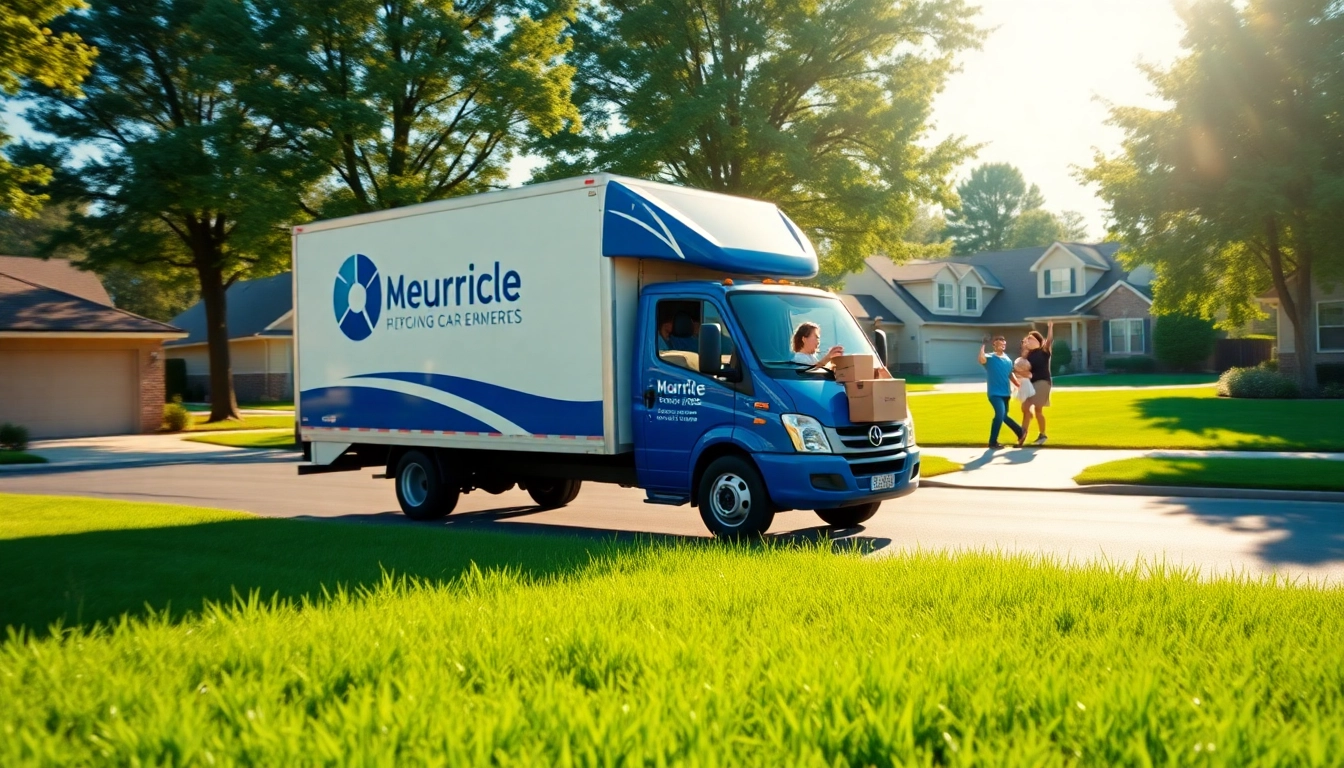
Understanding Your Moving Needs
Moving can be one of life’s most stressful events, whether it’s for a new job, a change in family situation, or simply the desire for a fresh start. Understanding your unique moving needs is the first step in making the transition smoother. Start by assessing whether your move will be local or long-distance and consider the specific requirements for residential and commercial moves. For more resources on planning your move, check out https://bennettsmoving.com/.
Assessing Local vs. Long-Distance Moves
Local moves are typically defined as moves within the same city or metropolitan area and usually involve distances of less than 50 miles. These moves often require less planning and time, making them less stressful. On the other hand, long-distance moves can span several states or even cross the country. Such relocations require careful planning, scheduling, and budgeting to ensure smooth execution. When assessing your move type, ask yourself:
- What is the distance of the move?
- Do I need specialized services (e.g., moving large furniture, delicate items)?
- What is the timeline for my move?
Identifying Residential and Commercial Requirements
Your moving needs will differ significantly if you are relocating a home versus a business. Residential moves largely focus on personal belongings and the emotional aspects of relocating. However, commercial moves involve detailed logistics, such as ensuring minimal disruption to business operations. Key considerations include:
- Residential Moves: Packing your personal items, managing family needs, and potential school transitions.
- Commercial Moves: Coordinating logistics including office equipment, schedules, and communication with employees.
Scheduling Considerations for a Smooth Move
Timing can significantly affect the overall experience of your move. Consider peak moving seasons, such as summer and weekends, when demand for moving services is highest. It may be more affordable to schedule your move during off-peak times, such as mid-week or in winter. Always try to plan your moving date at least 4 to 6 weeks in advance for local moves and even further for long-distance relocations to ensure availability of the services you require.
Planning Your Move Efficiently
Creating a Comprehensive Moving Checklist
A moving checklist helps keep track of everything you need to do before, during, and after the move. Start by creating a detailed task list that includes tasks such as:
- Finalizing your move date
- Researching and hiring a moving company
- Packing each room systematically
- Scheduling disconnection and reconnection of utility services
- Changing your address with relevant agencies
Regularly reviewing and updating this checklist can help ensure you do not miss crucial tasks.
Choosing the Right Time of Year for Your Move
The best time to move is a subjective choice that depends on your personal circumstances. However, if you have flexibility, consider elements like weather conditions, school schedules, and rental market trends. Moving during spring or fall often results in less competition and potentially lower costs. If you’re moving during peak season, booking your moving services early is crucial.
Budgeting for Moving Expenses
Creating a budget for your move can prevent financial stress. Consider both direct costs—such as moving services, packing supplies, and transportation—and indirect costs, like potential housing deposits and utility connection fees. Common budgeting categories include:
- Moving Company Fees
- Packing Materials
- Transport Costs
- Insurance for valuables
It’s wise to set aside an emergency fund for unexpected expenses that may arise during the move.
Packaging and Preparation Tips
Essential Packing Supplies to Gather
Having the right packing supplies can simplify your moving process. Essential items include:
- Sturdy boxes (various sizes)
- Bubble wrap and packing paper for fragile items
- Heavy-duty tape and packing tape
- Markers for labeling boxes
- Packing peanuts or foam for extra cushioning
Many moving companies offer packing services, so if you prefer, inquire about these options.
Best Practices for Packing Fragile Items
Packing fragile items requires extra care to prevent damage. Here are essential guidelines:
- Wrap each item individually using bubble wrap or packing paper.
- Fill empty spaces in boxes with packing peanuts or crumpled paper to limit movement.
- Clearly mark boxes containing fragile items with “FRAGILE” labels to alert movers.
Consider creating a “fragile items” inventory list to keep track of what you are transporting.
Labeling Strategies for Ease of Access
Labeling your boxes effectively can save you time and frustration when unpacking. Here are some strategies:
- Label boxes with their contents and the room they belong to for easier organization.
- Use different colored tape or labels for various rooms to make identification even easier.
- Number each box and keep a corresponding inventory list to track your items.
This pre-planning can minimize confusion on moving day.
Selecting a Moving Company
What to Look for in Moving Services
Selecting a dependable moving company is a crucial step in your moving journey. Key factors to consider include:
- Reputation: Investigate their online reviews and testimonials.
- Experience: Ensure they have experience with the type of move you require.
- Insurance: Verify their insurance coverage and what it entails.
- Transparent Pricing: Look for companies that provide clear and upfront pricing without hidden fees.
Always get multiple quotes and compare services before making a decision.
Reading Reviews and Testimonials Effectively
Online reviews can provide insight into a moving company’s reliability and quality of service. When reading reviews:
- Look for patterns in feedback—both positive and negative.
- Pay attention to how the company responds to complaints and issues.
- Check multiple sources, including social media, Google reviews, and industry-specific sites.
This will ensure a well-rounded understanding of the company’s reputation.
Preparing Questions for Your Moving Company
When discussing potential movers, come prepared with questions to ensure that they meet your needs. Important questions include:
- What options do you offer for my moving date?
- What is the process if items are lost or damaged?
- Are your movers trained and background-checked?
- What is included in your estimate?
A comprehensive understanding will help you choose the best moving partner.
Executing a Successful Move Day
Coordinating with Your Moving Team
On moving day, effective coordination with your moving team is vital. Ensure to:
- Provide clear instructions and a contact person for the moving team.
- Point out fragile items and highlight priority boxes.
- Be available to answer questions and provide guidance as needed.
Build a rapport with your moving team to make communication smoother.
Strategies for Keeping Your Move Organized
It is easy to feel overwhelmed on moving day, but staying organized can mitigate stress. Some effective strategies include:
- Have a designated area for essential items that you will need immediately.
- Utilize a staging area for packed boxes to keep things orderly.
- Check off items on your inventory list as they are loaded onto the truck.
This organization can help ensure that nothing is left behind.
Post-Move Tasks to Settle In
After the moving truck drives away, there are several important steps to take for a smooth transition into your new home:
- Begin unpacking systematically, starting with essentials such as kitchen items and necessities.
- Gradually set up your new space combined with your personal touch.
- Notify any services you use of your address change, including banks, subscriptions, and any licensing or government agencies.
Taking these measures will facilitate comfort and reduce the chaos associated with moves.







